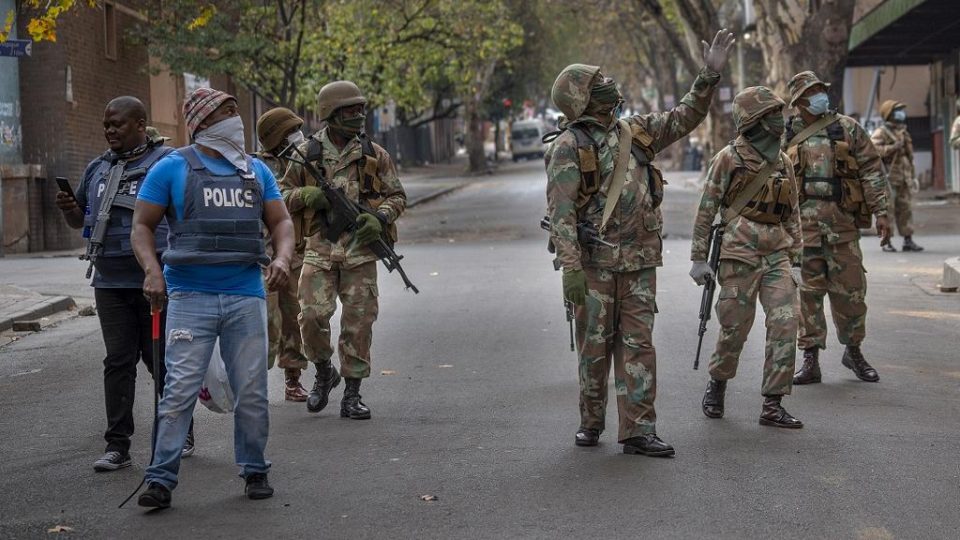Opinion
Africa
Security personnel in a number of African countries are aggressively implementing lockdown and curfew measures announced by their respective presidents.
While the security organs, mainly local police, are working under their primary mandate of implementing law and order to enforce the directives, their modus operandi makes them a potential chain for contracting and spreading COVID-19 in their communities.
Arresting and detaining people either to release them a few minutes later or put them in custody defeats the purpose of efforts to stem the spread of the new coronavirus. This is simply because one of the detained people might be positive in which case they will, very likely, infect not just their fellow detainees but the police officers, too.
The new infected cases will in turn contaminate the next people they come in contact with. This person does not need to have the obvious symptoms such as fever, dry cough or a cold; asymptomatic cases are equally infectious.
It is therefore ironic or myopic of security officers to crackdown on people defying the lockdown or curfew by beating or roughing them up. Much as the idea is out of good will, that is, to stop those suspected of potentially spreading the virus in their communities, it violates advice by the World Health Organisation (WHO) to maintain a distance of at least one meter.
The purpose of the lockdown measures is to reduce or cut close human-to-human contact through social-distancing, thereby curbing the number of new infected cases.
The use of violence by police (and the army) to enforce “orders from above” or out of sheer impunity is not new or even surprising, especially, in countries in Sub-Saharan Africa.
In this case, concerned citizens, rights activists and legal experts are already raising questions about the legality and feasibility of these presidential directives. Now, more than ever, is not the time to arrest people for the sake of extorting bribes or mere oppression to exercise power over civilians.
Police arrests under COVID19 curfew are not a solution
In Kenya, just hours after President Uhuru Kenyatta apologized for police excesses in the implementation of curfew, local media reported that a man with a history of mental illness died from injuries sustained from suspected police brutality after he wandered from home. In his mental state, he was oblivious to the start of curfew.
While in Uganda, international rights group, Human Rights Watch basing on local media reports accuses police of shooting people in two different towns outside the capital, Kampala and chasing market vendors, even when selling food is permitted under the presidential lockdown directive.
Since the start of the total lockdown on Monday, March 30, security operatives are still yet to find a uniform approach to assist locals commuting for work or patients walking to seek medical attention.
Rights Groups weigh in on Police excesses during lockdown enforcement
The Law Society of Kenya has encouraged members of the public to “document incidences of aggravated assault by police.”:https://www.facebook.com/pg/LawSocietyofKenya/posts/?ref=page_internal They promise to take action against the individual police officers.
The South African Human Rights Commission on Tuesday urged police to exercise restraint.) The call came just a day after President Cyril Ramaphosa reminded the police to “comfort and reassure”:https://www.news24.com/SouthAfrica/News/law-enforcements-role-is-to-comfort-and-reassure-not-to-harm-ramaphosa-20200330 and not “harm” citizens while enforcing the lockdown. Three (3) people are reported to have died at the hand of the police.
Security officers must therefore take precaution as they enforce social distancing measure for the sake of both their lives and the lives of those they are protecting. This is because the risk of contracting the deadly virus through close contact is very high and yet there is no known vaccination or cure.
Otherwise with the current trend of law enforcement, governments risk losing a number of their security officers to the new coronavirus, contracted under circumstances that can have been avoided.
Amelia Martha Nakitimbo is a journalist and news coordinator at Africanews

